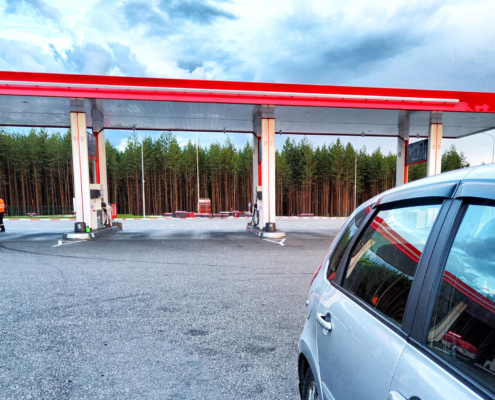How Commercial and Industrial Roofing Materials Impact Your Property
You know that the quality of your roofing materials is essential for protecting your facility. But with all the options for industrial and commercial roofing materials out there, it can be hard to know what’s best for your building. It’s essential to find a roofing contractor who understands which roofing materials work best in your climate and environment, and we’ve taken the time to explain how quality commercial roofing materials can impact your property. From PVC roofing membrane to modified bitumen roofs, start here to make the right choice for your facility.




